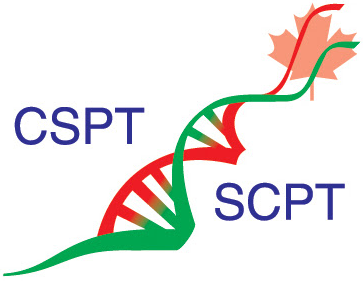Pharmacogenomics
Definition:
Pharmacogenomics is defined as the influence of a person’s genome on their response to drugs. The word is derived from the Latinized version of the Greek pharmakon (drug) and gene (create). Pharmacogenomics is distinguished from pharmacogenetics in that pharmacogenomics is concerned with the effects of multiple genes on drug response while pharmacogenetics is concerned the effects of single genes on drug response.
Relevance:
It is increasing evident that genetically determined variations can have a substantial impact on drug disposition and response. While this has been largely an area of academic interest historically currently more and more drugs are entering the market with indications or risks known to be predicated on genetic factors and for which determination of these genetic variations are recommended to guide prescribing.
As an example, the anthracycline chemotherapeutic drug doxorubicin is known to be associated with the risk of cardiomyopathy. Carleton et al. have demonstrated that risk is related to loss-of-function variations in a number of genes, including influx transporters that bring anthracyclines into cardiac myocytes (protective variation) and efflux transporters that take anthracyclines out of cardiac myocytes (risk variation) (J Clin Oncology 2012; 30: 1422-28).

Examples of How Pharmacogenomics Influences Drug Therapy:
|
Drug
|
Genomic Association
|
Clinical Consequences
|
|
Abacavir
|
HLA *57:01
|
Patients with this haplotype have a substantially increased risk of serious drug hypersensitivity and should avoid abacavir therapy
|
|
Rosuvastatin
|
SLCO1B1 and ABCG2
|
Patients with loss of function variations in these transporters have reduced ability to clear rosuvastatin and require lower doses of rosuvastatin
|
|
Pantoprazole
|
CYP2C19
|
Variations in CYP2C19 activity determine the clearance of pantoprazole which can increase the risk of infection associated with pantoprazole use if dose is not adjusted
|
|
Warfarin
|
CYP2C9 and VKORC1
|
Genetically determined variations in the activity of these enzymes impacts on warfarin dosage requirements and safety
|
Teaching tips:
Considerations around how pharmacogenomics used to teach about:
Suggested articles on this topic:- Hockings JK, Pasternak AL, Erwin AL et al. Pharmacogenomics: An evolving clinical tool for precision medicine. Cleveland Clinic J Med 2020; 87: 91-99.
- This manuscript considers practical aspects in implementing pharmacogenomics into clinical decision making
- Rodin DM, McLeod HL, Relling MV et al. Pharmacogenomics. Lancet 2019; 394; 5221-32.
- This review addresses the role of genetic variations in determining beneficial and adverse effects of drugs via effects on pharmacokinetics and pharmacodynamics
Linked terms: Clinical Pharmacology, Pharmacogenomics, Haplotype, Allele
Return to Glossary



